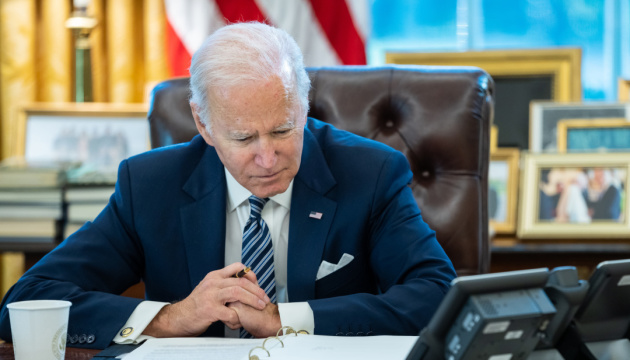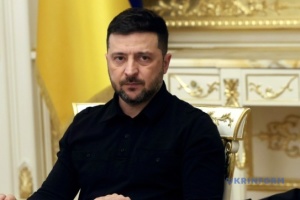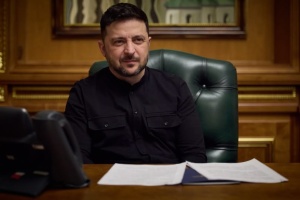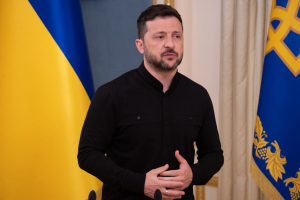
Biden may propose Putin scaling back troop deployment in Eastern Europe - media
The discussions could potentially address the scope of military drills held by both powers, the number of U.S. troops stationed in the Baltic states and Poland, advance notice about the movement of forces, and Russia’s nuclear-capable Iskander missiles in the Russian territory of Kaliningrad between Poland and Lithuania, sources familiar with the planning told NBC News.
The U.S. administration “is compiling a list of options for force posture changes in Europe to discuss with Russia at the talks,” an administration official said. If Russia appears willing to discuss scaling back its presence in the region, the U.S. will be prepared to discuss specific moves, the official said.
For any change in the U.S. military presence in Europe, Russia would have to take reciprocal, equivalent steps to scale back its forces, and pulling back Russian troops from Ukraine would not be sufficient, the current official and former officials said.
Out of more than 70,000 U.S. troops stationed in Europe, roughly 6,000 U.S. forces are deployed in Eastern Europe on a mostly rotating basis, including about 4,000 in Poland. Other NATO countries also have thousands of troops on rotating deployments in the region to bolster the alliance’s eastern flank.
“The Biden administration also has prepared a new U.S. package of military aid for Ukraine, in addition to the American military assistance that is already flowing to Kyiv, current and former officials said,” the report says.
Apart from the threat of sanctions, the administration is prepared to warn Moscow that if Russian forces seize more territory in Ukraine, the United States would lend support to Ukrainian resistance fighters and would back an expanded NATO military presence in Eastern Europe, former officials said.
The United States is working with other NATO alliance members to arrange for the delivery of Stinger shoulder-launched anti-aircraft missiles requested by the government in Kyiv, current and former officials said.
A letter from 24 former national security officials and senior military officers last week praised Biden’s approach so far but called for additional steps to prevent Russia from staging another invasion, instead of waiting until after an offensive is launched.
After the publication of this story, White House National Security spokesperson Emily Horne disputed that the U.S. would consider reducing the number of troops permanently stationed in Poland and the Baltic states.
The group called for providing more weapons to Ukraine now, suggesting Stinger missiles and additional shipments of Javelin anti-tank missiles and radar to track artillery fire.
It remained unclear if Russia was open to dialogue and compromise or whether it would stick to public positions that Washington sees as unrealistic and unreasonable, including demanding a guarantee that Ukraine would never be allowed to join the NATO alliance, former officials said.
im




